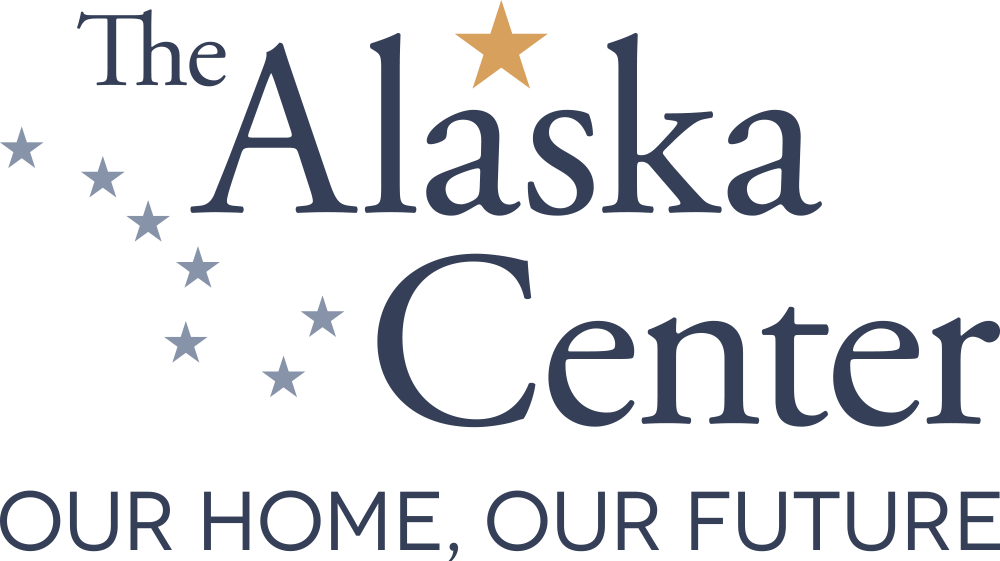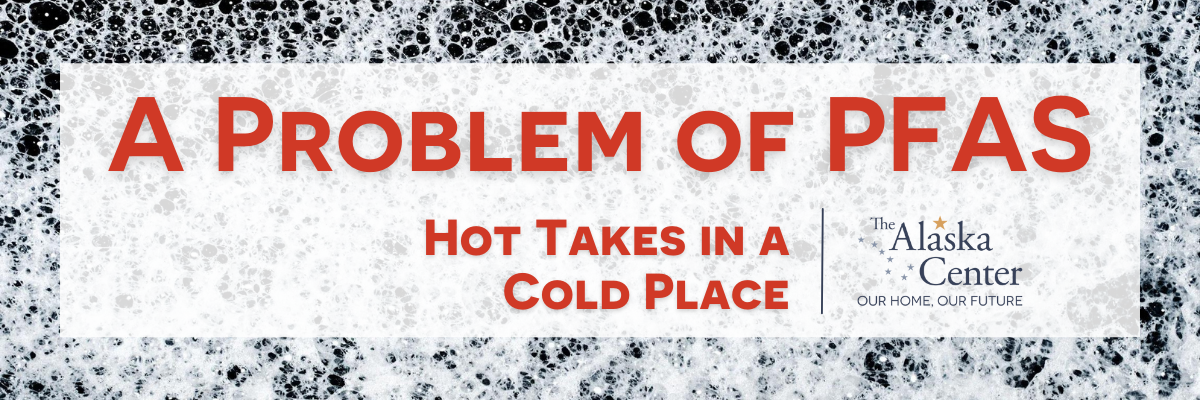Like much of the nation, and the world, Alaska faces the problem of Perfluoroalkyl and Polyfluoroalkyl Substances, commonly known as PFAS.
PFAS are used to make products stain, grease, and water-resistant; including food packaging, carpet, upholstery, outdoor apparel, and cookware, for stick resistance. They are used in firefighting foam, industrial processes, and specialty products like ski wax. PFAS can easily transfer from their origin, resulting in contamination of our food, air, and water.
Water supplies adjacent to military bases and airports are often contaminated with PFAS from firefighting foams for Class B petroleum and chemical fires. In Alaska, the dispersive use of AFFF (aqueous film-forming foam) containing PFAS on military bases and airports has contaminated the drinking water of many Alaskans. At least 10 communities throughout Alaska have levels of PFAS in their drinking water that are deemed unsafe by the EPA. The use of PFAS also harms the health of firefighters, studies show that firefighters have a higher burden of cancers and other diseases associated with toxic exposures. There are safe alternatives that are effective, without the harmful impacts to the health of firefighters and communities.
State and Federal governments are increasingly asked to come up with a plan to deal with this hidden pollutant. Exposure to PFAS has been associated with adverse health outcomes: including cancers (such as kidney and testicular cancers), liver damage, increased risk of thyroid disease, harm to the immune system, decreased antibody response to vaccines, increased risk of asthma, decreased fertility, decreased birth weight, pregnancy-induced hypertension/pre-eclampsia, and increased cholesterol. Congress recently allocated $10 billion to start working on the problem nationwide and you can be sure this is just the tip of the iceberg as far as tax dollars are concerned. (In a just and reasonable world, those manufacturing companies that made money selling products containing PFAS would pay to clean it up.)
Bills dealing with PFAS in Alaska are working their way through the Legislature this year. Senator Jesse Kiehl’s SB 121 will be heard in the Senate Finance committee on Tuesday, April 12 at 9:00 a.m. According to the sponsor statement, Senate Bill 121 sets health-protective limits on the amount of PFAS in drinking water. The bill guarantees Alaskans in areas with known PFAS contamination will get clean drinking water and their blood levels checked. To prevent future pollution, SB 121 bans PFAS foams when the Federal Aviation Administration stops forcing airports to use them (unless some other federal law preempts).
PFAS, now incredibly prevalent, are called “forever chemicals” because they persist for thousands of years, and do not break down in the human body. Dealing with them will be a long process, but not a forever process. It will require curtailing and eliminating PFAS production and the sale of products in which they are used. It will require science and government working in tandem, community action, and educated consumers. We can do it. SB 121 is a great start.
Plan to testify in support of SB 121 on Tuesday.
The Alaska Center
Share this Post

